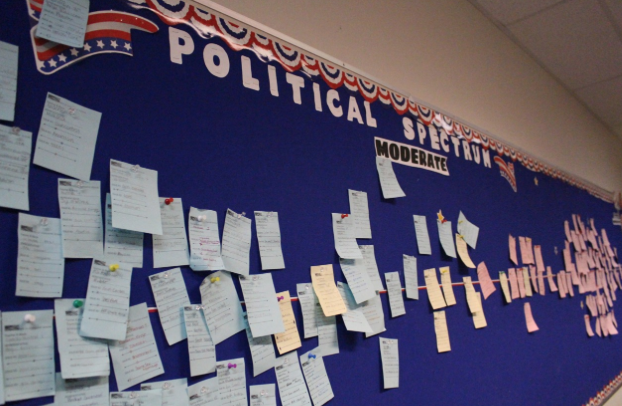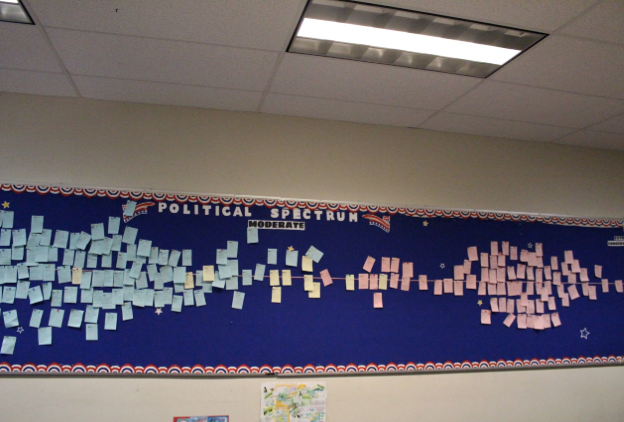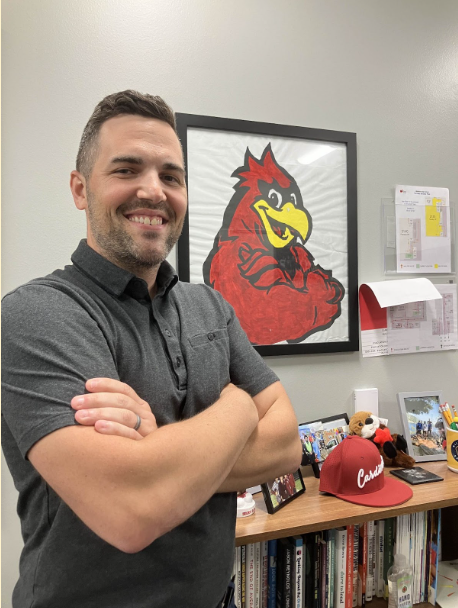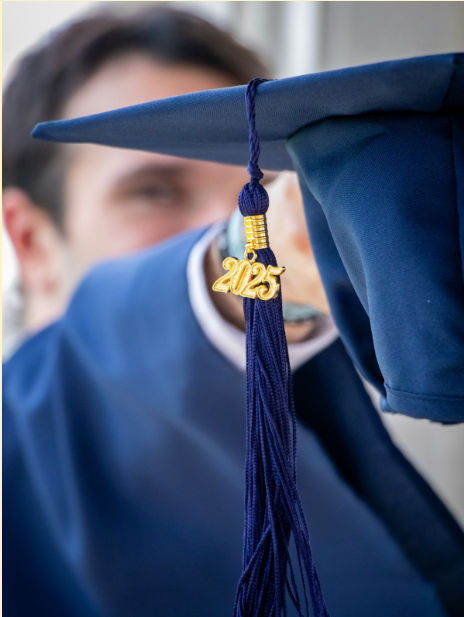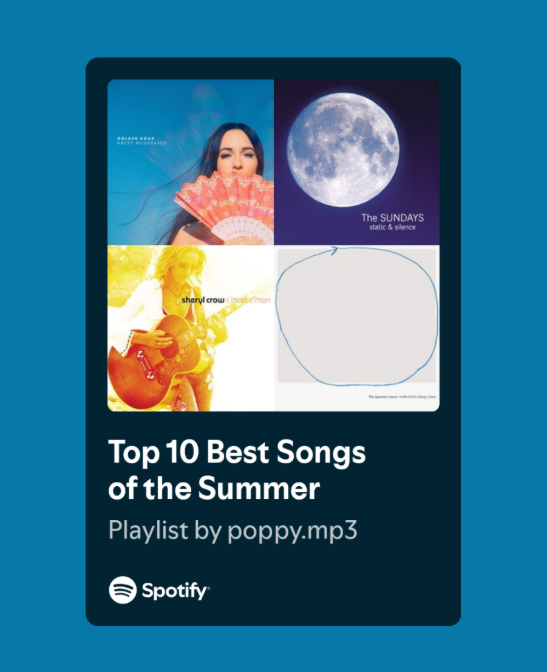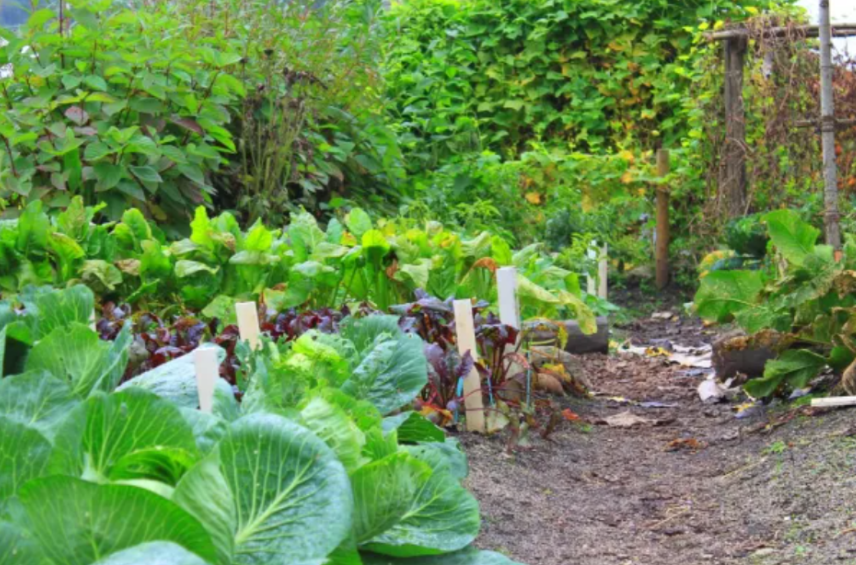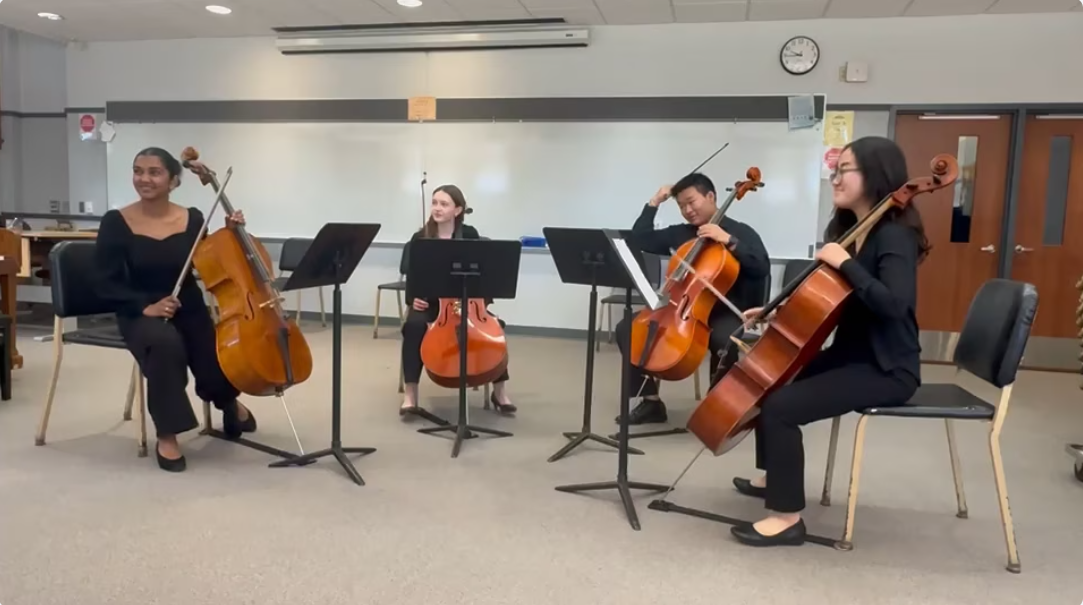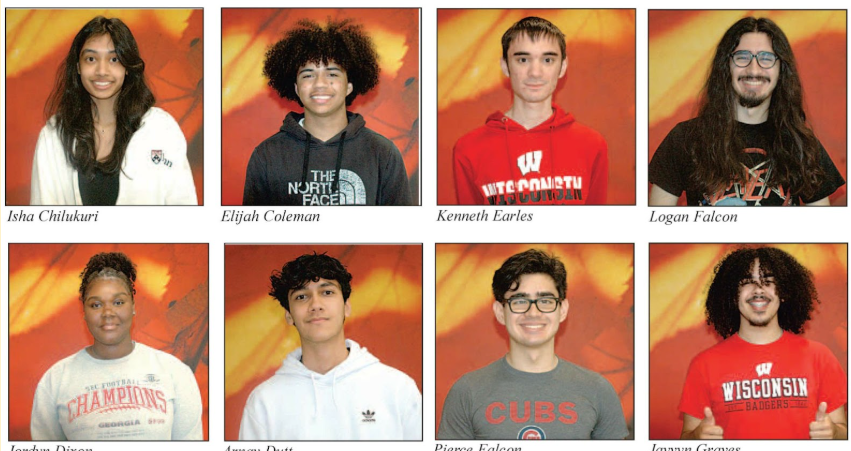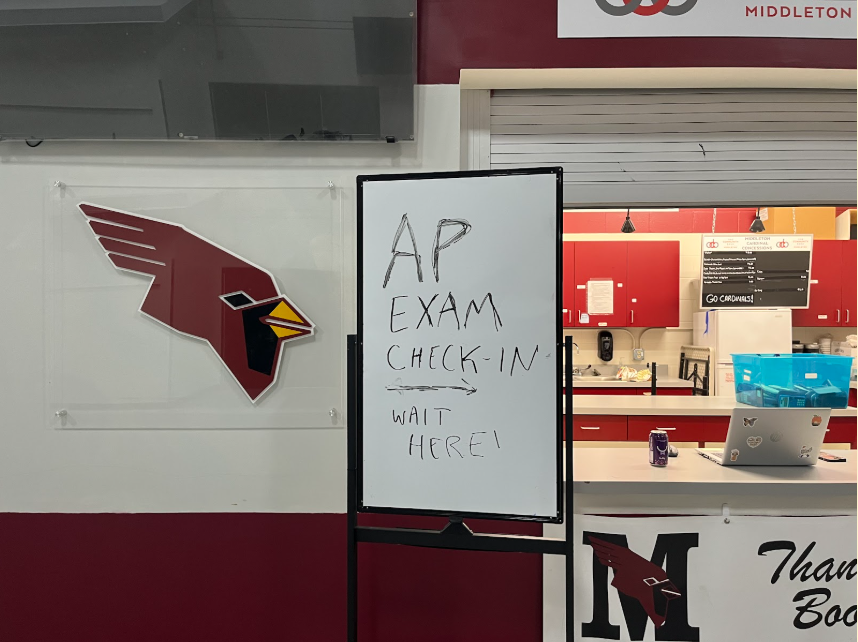The Clash of Education and Politics
March 16, 2018
High school is a time when everyone is just beginning to fit into their own skins. This includes individuals finding their political stance and ways to voice their opinions. I began to wonder how the newfound identity of students is affecting the overall wellness of the school. Does having politics in school have more positive or negative effects? I went to the classrooms of MHS to find the verdict.
Sophomore Aiden Moore stated, “A lot of people who discuss their political views tend to do it more aggressively than necessary, instead of supporting their beliefs they attack each other.” My opinion was in accordance with Moore, due to my experience in government class the previous semester. I began to notice individuals not only attacking ideas but people as well. Connecting people with their parties brought new complexity to relationships. Moore added,“A lot of people who have their beliefs are unwilling to change them. It will tend to be more bullying than a debate really.” Evidently, political tension is high within the school. To further understand the plague of politics, I was curious to find which group has fewer widespread opinions.
When asking Ms. Anderson, a US Government teacher, whether she sees trends in school politics, she revealed that the classes “tend to have a majority that are Democratic and politically to the left. However, if you look really closely at the students and their positions, they are pretty moderate regarding their positions. We don’t have too many kids who are extreme on either side of the spectrum.” There was an overwhelming chorus of agreements among the other students I interviewed.
Recognizing that there is an imbalance in the amount of Democrats to Republicans, it occurred to me that there is a possibility that Republicans feel the brunt of the political tension due to their less popular opinions. “You feel like you don’t have a voice, people don’t have to listen to you, your points don’t matter as much, and sometimes people tend to get really defensive and I think it also leads to people feeling like the want to isolate themselves with people who are more like them,” reflected Anderson as she described the challenges of being a minority. Although this group may be a minority, Anderson also stressed that “the difference is being an African American in our society and being a Republican at MHS.” Furthermore, while I have never experienced being a minority, I believe that not being able to hear the voices of individuals is extremely dangerous. We live in a democracy where everyone’s opinion should be heard and represented.
Anderson further elaborated on the point of finding a group of people based on party or opinion, by explaining that finding individuals with comparable opinions is not always bad. “It’s also sometimes really reassuring because a lot of times when kids are, they’ve known that they are conservative when their friends aren’t and sometimes in gov class the first time they realize there are other people that think the way they do is when they’re in gov class on Party Declaration Day,” added Anderson. In addition, I also felt empowered on Party Declaration Day, because I found that hearing people with similar beliefs to my own made me feel less alienated in my opinions. I think it’s incredibly important to have friends you can relate to, but having friends that challenge your opinions is also important. Anderson sang a similar tune: “I think that the problem, we see it in a larger political climate, is when you get in your tribes, and you start automatically negatively associating the other side with issues and problems.”
To wrap up my research into the student’s views on politics in schools, I wanted to know what students and teachers thought of the polar opposite idea: get rid of politics. One student, Maddie Connell voiced, “It would be difficult to remove politics from education because it is subtle in education.” On the contrary, Aiden Moore thought school would be “much more factual than opinionated and overall smoother flowing.” Kate Johnson thought that removing politics would make school more open in discussion and curriculum. However, she stated that “in this day politics have a very strong hold on education as well as everything.” Lastly, Ms. Anderson had a strong view on the impossibility of removing politics: “You could try to create a fascist state where one system or party is presented, but that certainly has been tried in other context.”
Despite the conflict of politics in schools, a high school is an exceptional place first to voice your opinions because other students are just developing their opinions as well. In a sense, I finally developed my opinions due to the monitored exposure of other’s opinions. Politics can be abrasive and deeply personal, but I believe that not being an active citizen with opinions is a discredit to all of those in the past who never could voice their opinions.
This tension of politics in our school is a true reflection of the rest of our country on a political standpoint. Having a structured way to learn about politics will combat all of the misconceptions and mistakes made by those who are informed by bias sources. As the next generation, we need to be able to learn from our predecessor’s mistakes. This means keeping an open mind to other’s beliefs, having mutual respect for others of differing opinions, and possess a sense of integrity when handling disagreements.



